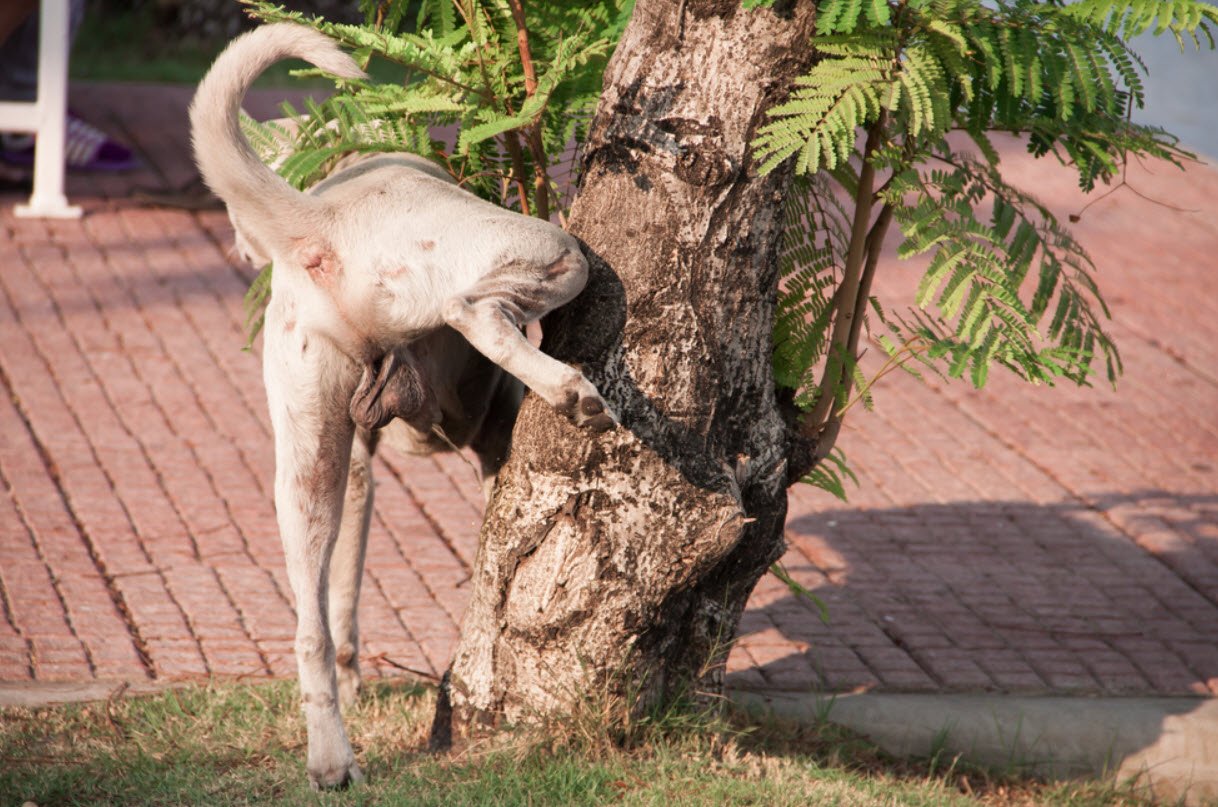
Sloths, the slow-moving creatures that inhabit the rainforests of Central and South America, have a unique and intriguing bathroom habit. They defecate only once a week, and when they do, they lose about one-third of their body weight. This peculiar behavior has piqued the interest of scientists and animal enthusiasts alike.
Sloths are known for their slow pace of life, which is reflected in their metabolic rate. Their diet mainly consists of leaves, which are low in nutrients and take a long time to digest. The sloth’s digestive system is uniquely adapted to this diet, with a multi-chambered stomach that houses symbiotic bacteria to break down the tough leaves.
Unlike many other animals, sloths do not defecate in their treetop homes. Instead, they make a perilous journey to the ground once a week to perform their bathroom ritual. This behavior is risky as it exposes the sloth to predators. Moreover, due to their slow speed, the round trip can take a significant amount of time.
When a sloth defecates, it can lose up to one-third of its body weight. To put this into perspective, it’s like a human losing over 50 pounds in a single bathroom visit.
Several theories have been proposed to explain this unusual behavior. One theory suggests that by defecating on the ground, sloths help to fertilize their favorite feeding trees. Another theory posits that this behavior helps sloths avoid detection by predators. By defecating on the ground, they prevent their scent from spreading in the treetops and attracting predators.
Another theory revolves around the mini-ecosystem that sloths carry in their fur, which includes various insects and algae. Some of these insects lay eggs in the sloth’s dung, so by defecating on the ground, sloths may be helping to maintain this symbiotic relationship.
The unique bathroom habits of sloths are a testament to the incredible adaptations that animals make for survival. Despite the risks and energy expenditure associated with their weekly defecation ritual, it remains an integral part of the sloth’s life. As we continue to study and marvel at these fascinating creatures, we gain a deeper appreciation for the complexity and beauty of the natural world.








